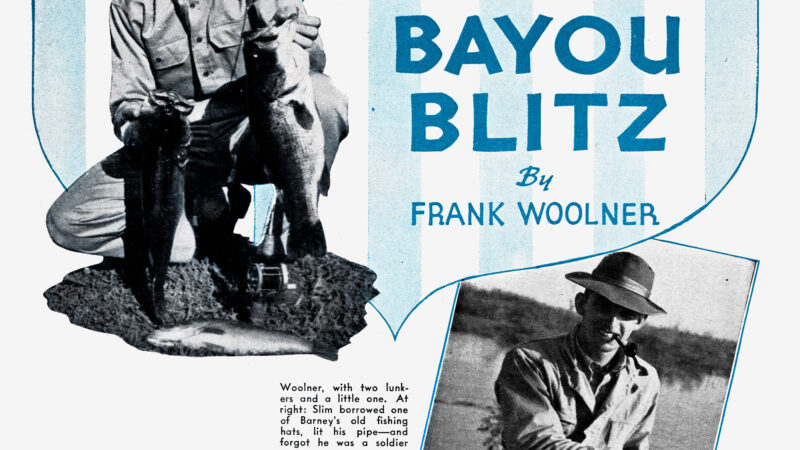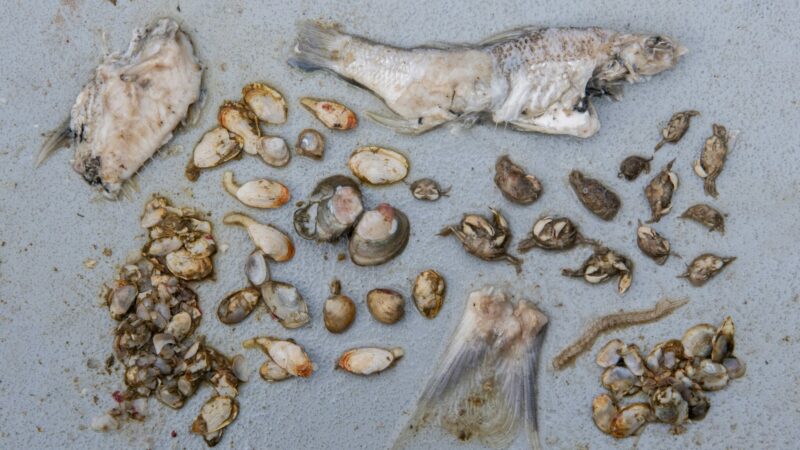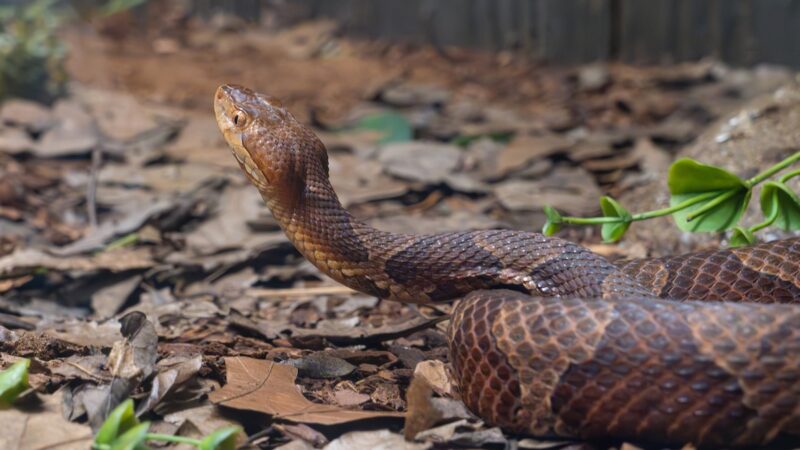Wyoming Lawmakers Want to Quadruple Hunting License Application Fees
A new bill in Wyoming seeks to raise the price of hunting license application fees by up to 400 percent. House Bill 2, introduced Jan. 2, would affect both resident and nonresident hunters. Supporters of the proposed fee hike, which would go into effect this July, say it can help make up for budget shortfalls and allow the Wyoming Game and Fish Department to invest more money into wildlife conservation.
Under Wyoming’s current tag allocation system, WGFD provides resident and nonresident hunters with both general (over-the-counter) tags and limited-quota tags, which are drawn via lottery and restricted to a specific hunt area. In order to put their names in the hat for one of these limited-quota tags, hunters have to pay an application fee to WGFD, in addition to the cost of the tag itself, for every tag they apply for. A hunter who fails to draw is then reimbursed for the cost of those tags, while the agency gets to keep the application fees.
The current application fee is $5 per for residents and $15 for nonresidents. House Bill 2, if passed, would increase those fees to $20 and $75, respectively. It would also allow hunters to pay a single application fee for multiple licenses that are bought at the same time, rather than paying a single application fee for each individual license, as it’s currently done.
“This is a reasonable increase,” one Wyoming sportsman told Cowboy State Daily of the newly introduced bill. “And why it matters is because it gives the Game and Fish today, and moving forward, the ability to put more money from application fees on the ground, where it’s most needed.”
The proposed fee hike also aligns with the increases in nonresident hunting license fees that were approved in 2023 and went into effect last January. Those changes resulted in a nearly 200 percent increase for nonresident deer and antelope tags, along with a roughly 118 percent increase for nonresident elk tags. (The price hike for nonresident moose, mountain goat, and bighorn sheep tags was less severe, but those were already costing nonresidents at least $2 grand or more.)
These license fees are critical because Wyoming, unlike many states, does not receive general funds from its state legislature for fish and wildlife conservation. And the lion’s share of the agency’s revenue — around 64 percent in 2020, according to the Wyoming Wildlife Foundation — comes from hunting and fishing license sales. (This includes things like application fees, conservation stamps, and the like.)
Read Next: Is Point Creep Killing Western Big-Game Hunting?
Sportsmen who live or hunt in Wyoming have traditionally supported this model, and they’ve always been happy to foot the bill for fish and wildlife conservation. Theoretically, there is a point where tags become so cost-prohibitive that fewer hunters are willing to buy them, and this relates to broader concerns that Western big-game hunting is turning into a high-dollar hobby.
At the same time, conserving Wyoming’s fish and wildlife amid all the modern-day threats — things like chronic wasting disease and invasive zebra mussels — is getting more expensive. Price hikes affecting hunters and anglers are part of this shared cost.
The post Wyoming Lawmakers Want to Quadruple Hunting License Application Fees appeared first on Outdoor Life.
Source: https://www.outdoorlife.com/hunting/wyoming-bill-raise-hunting-license-application-fees/





